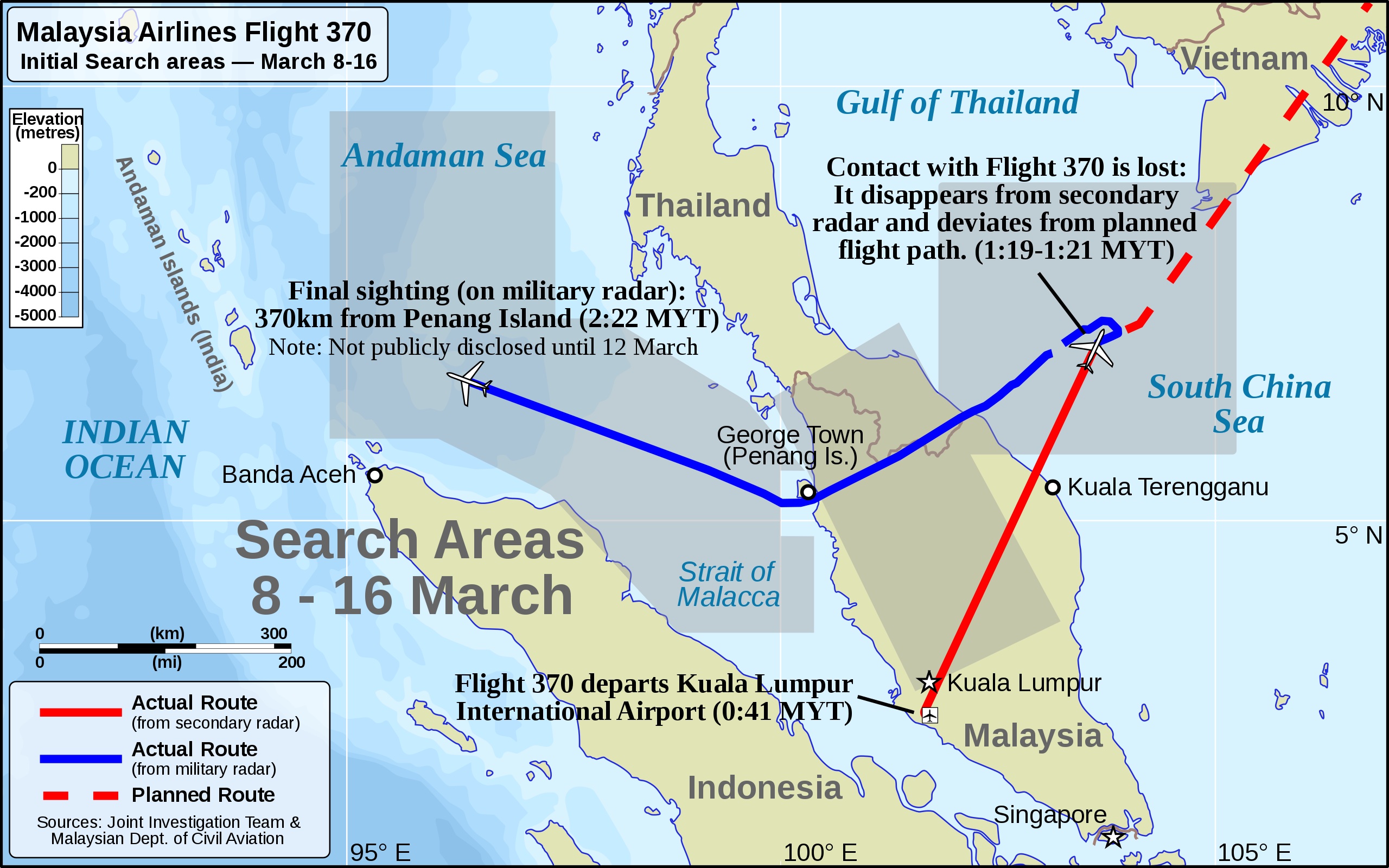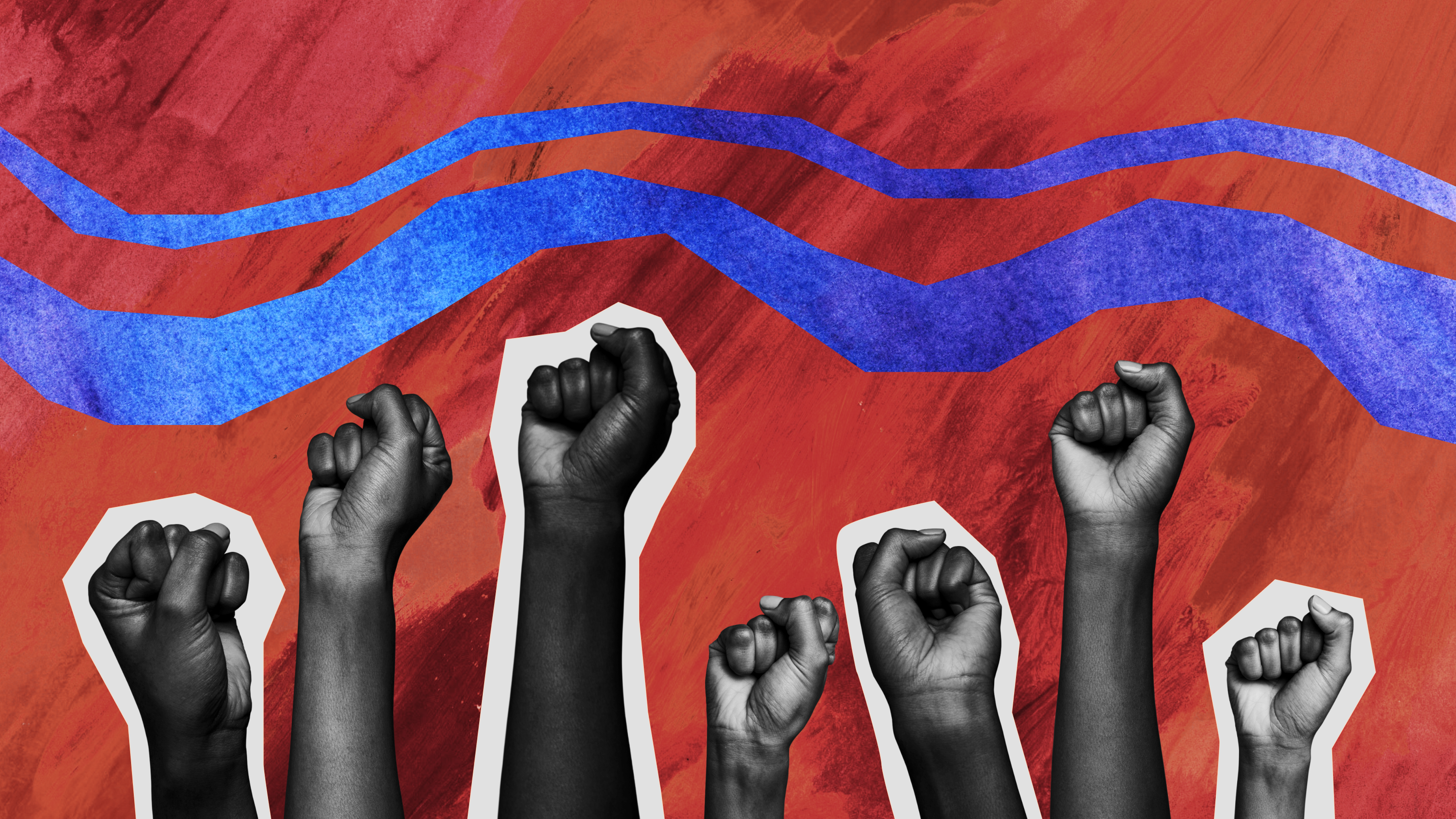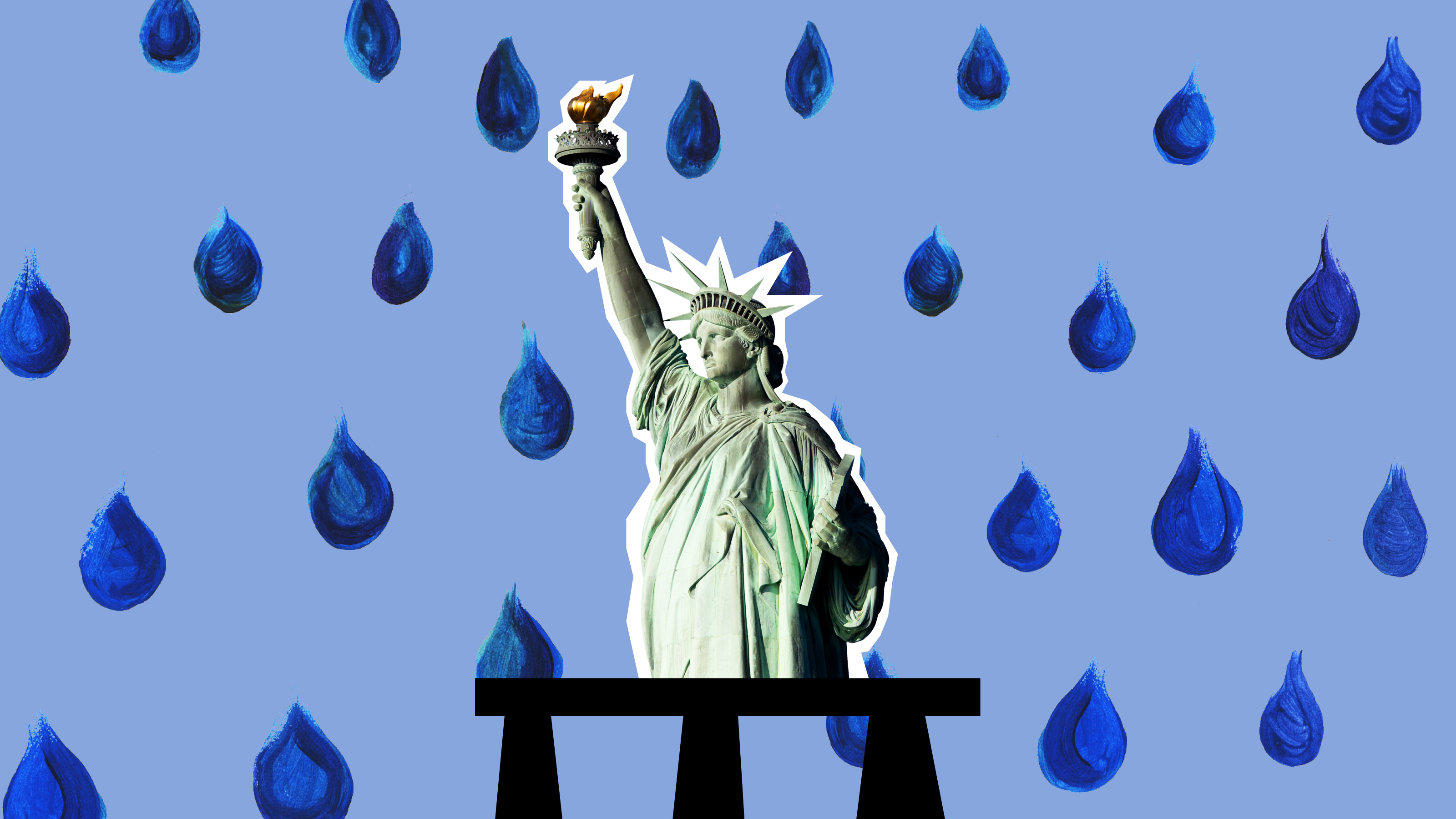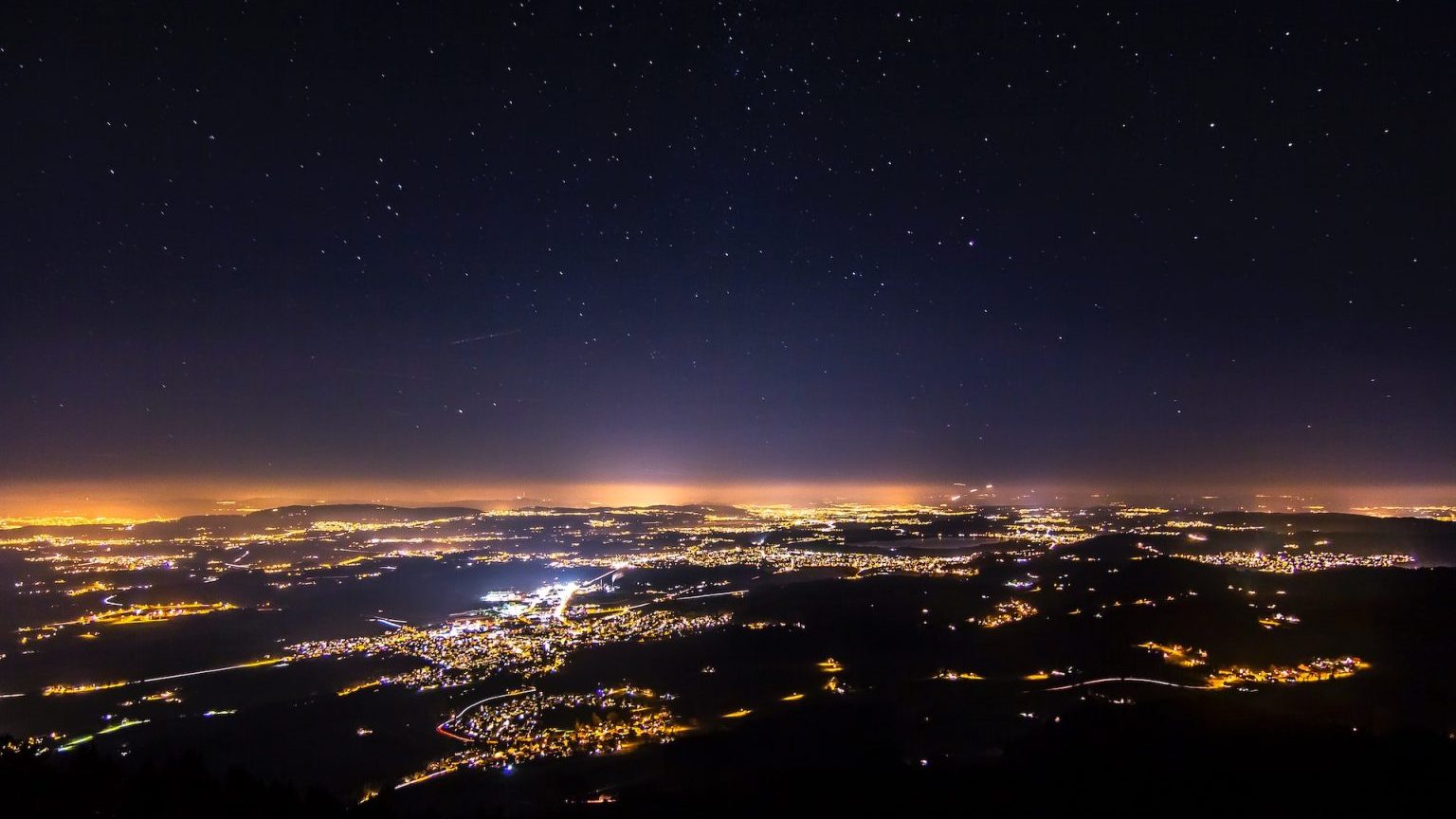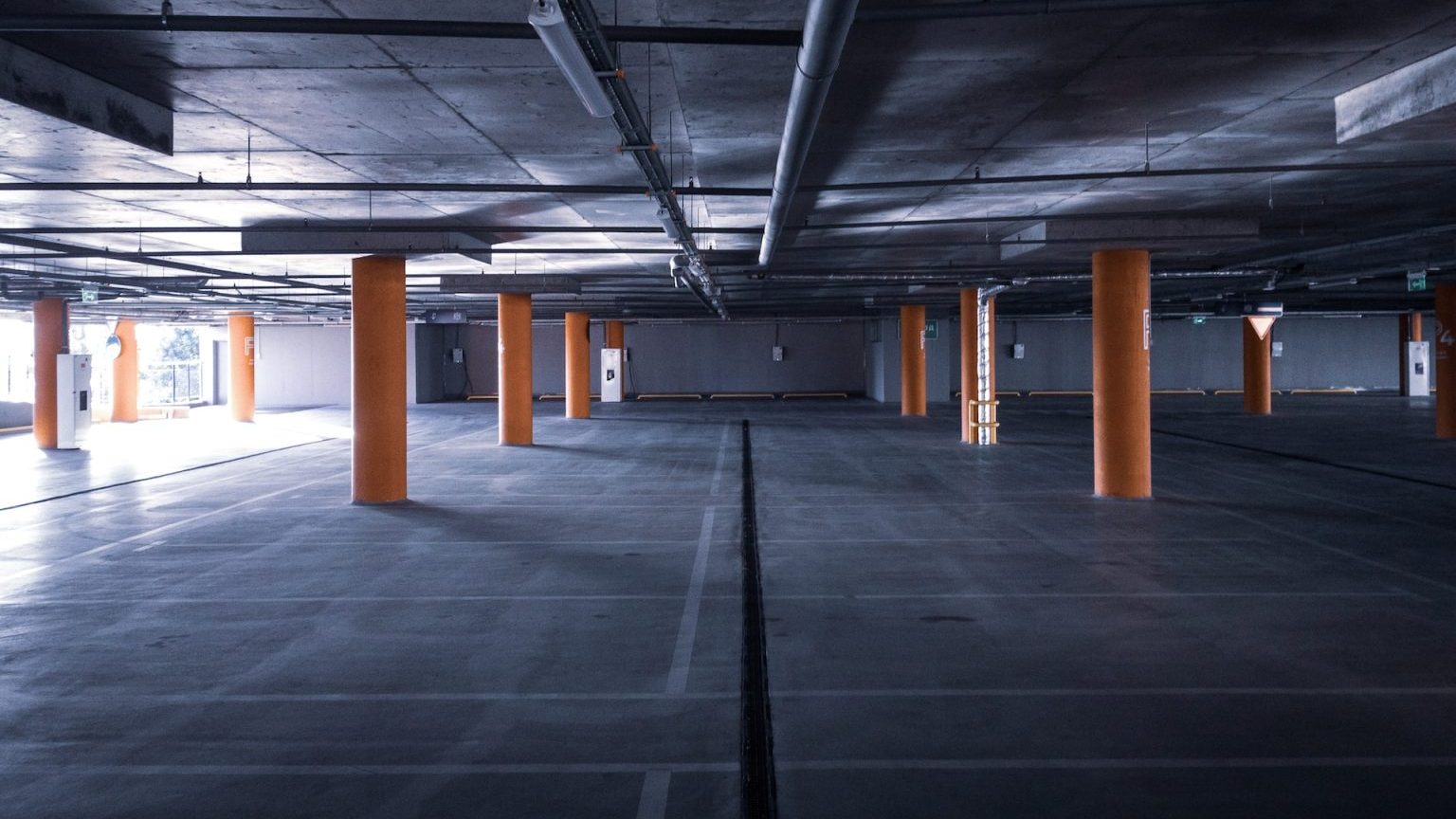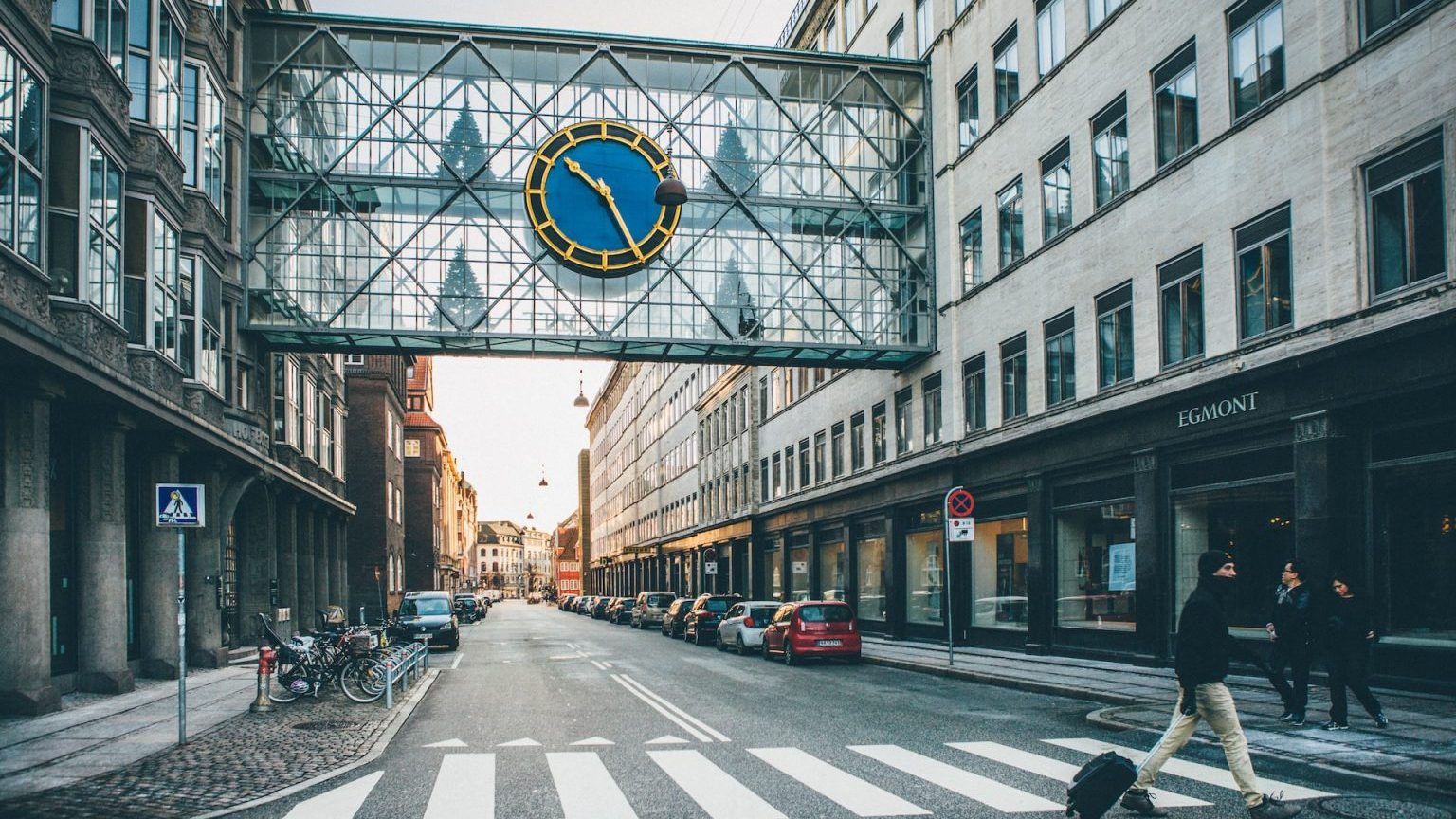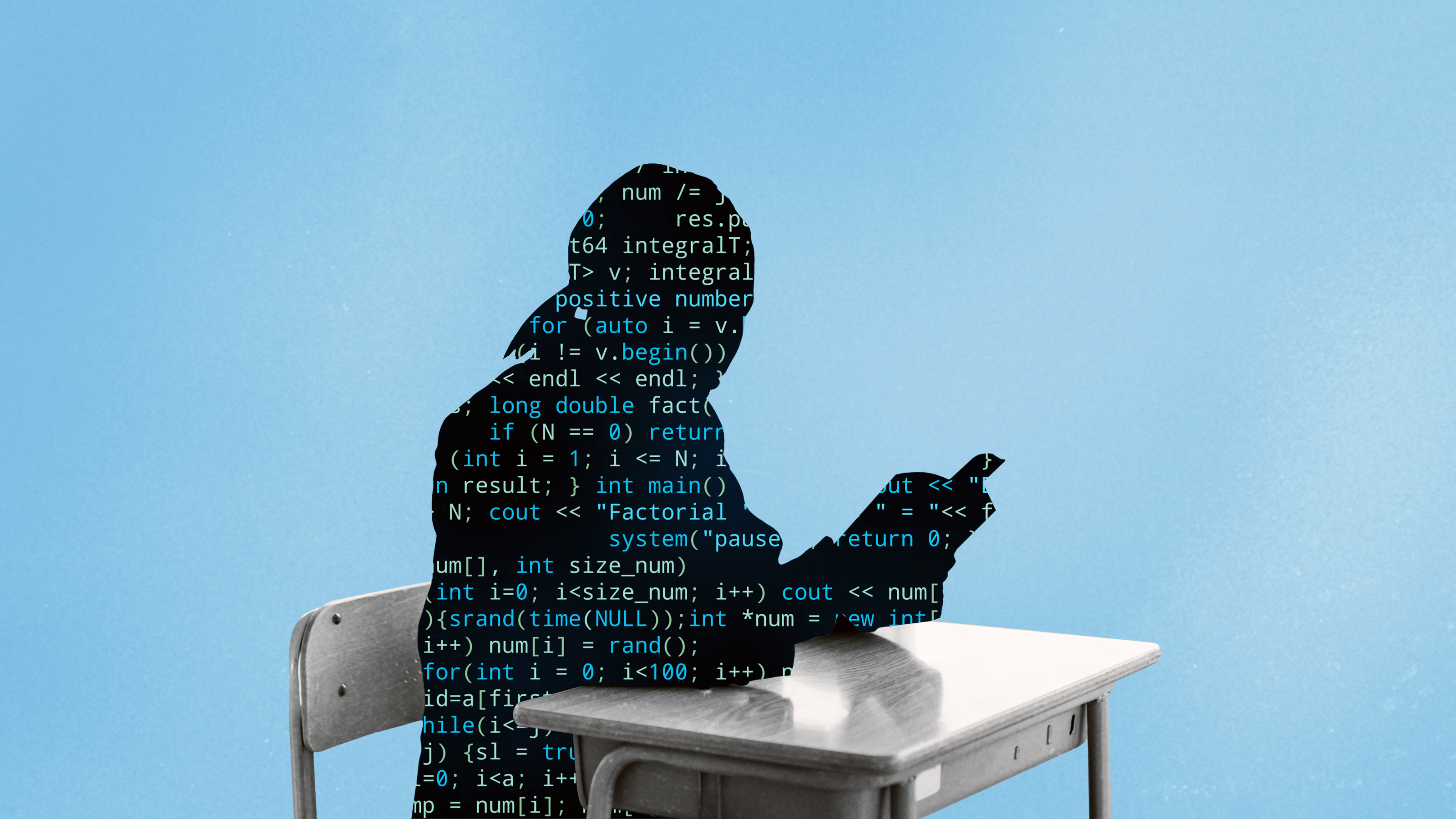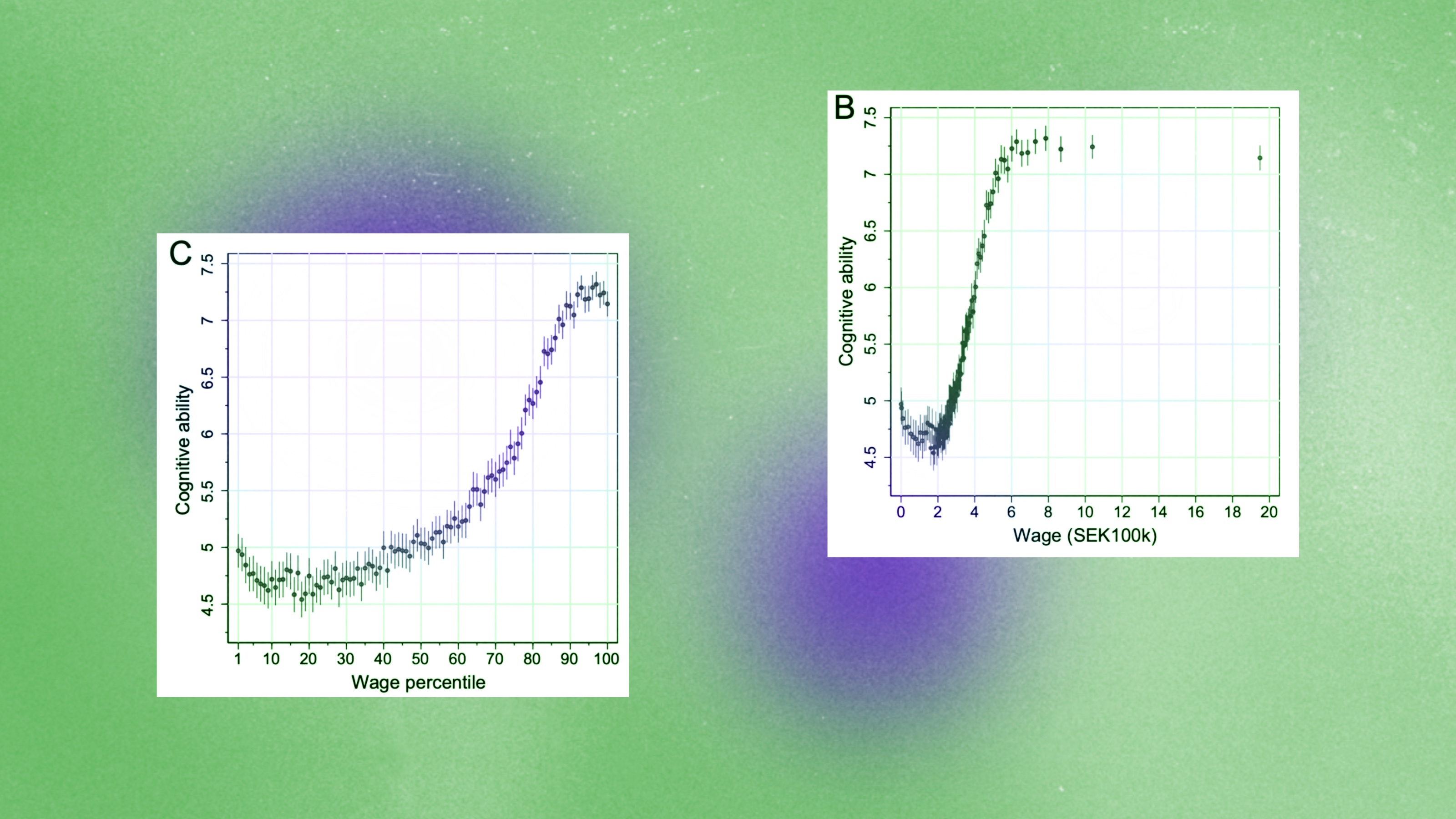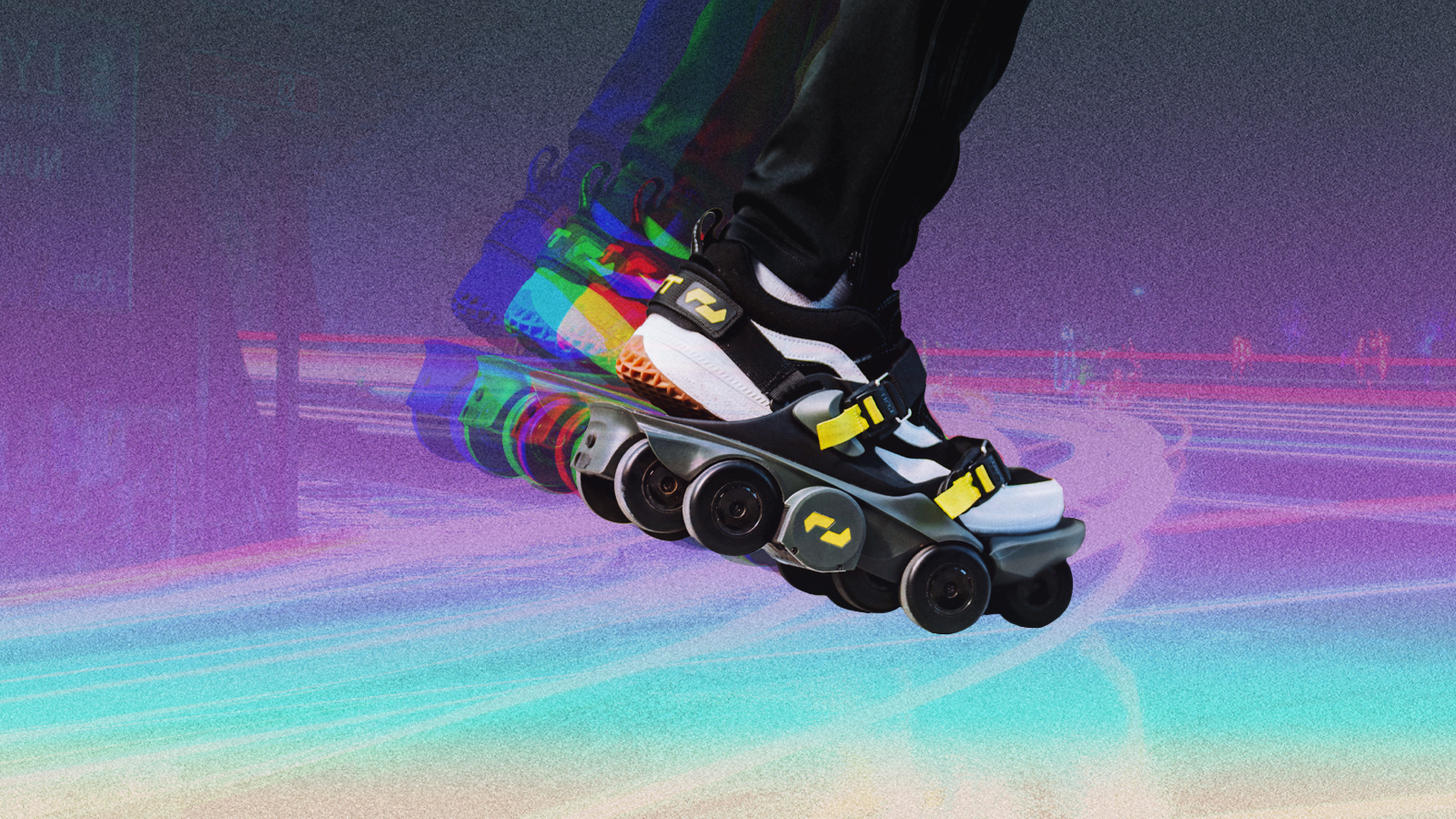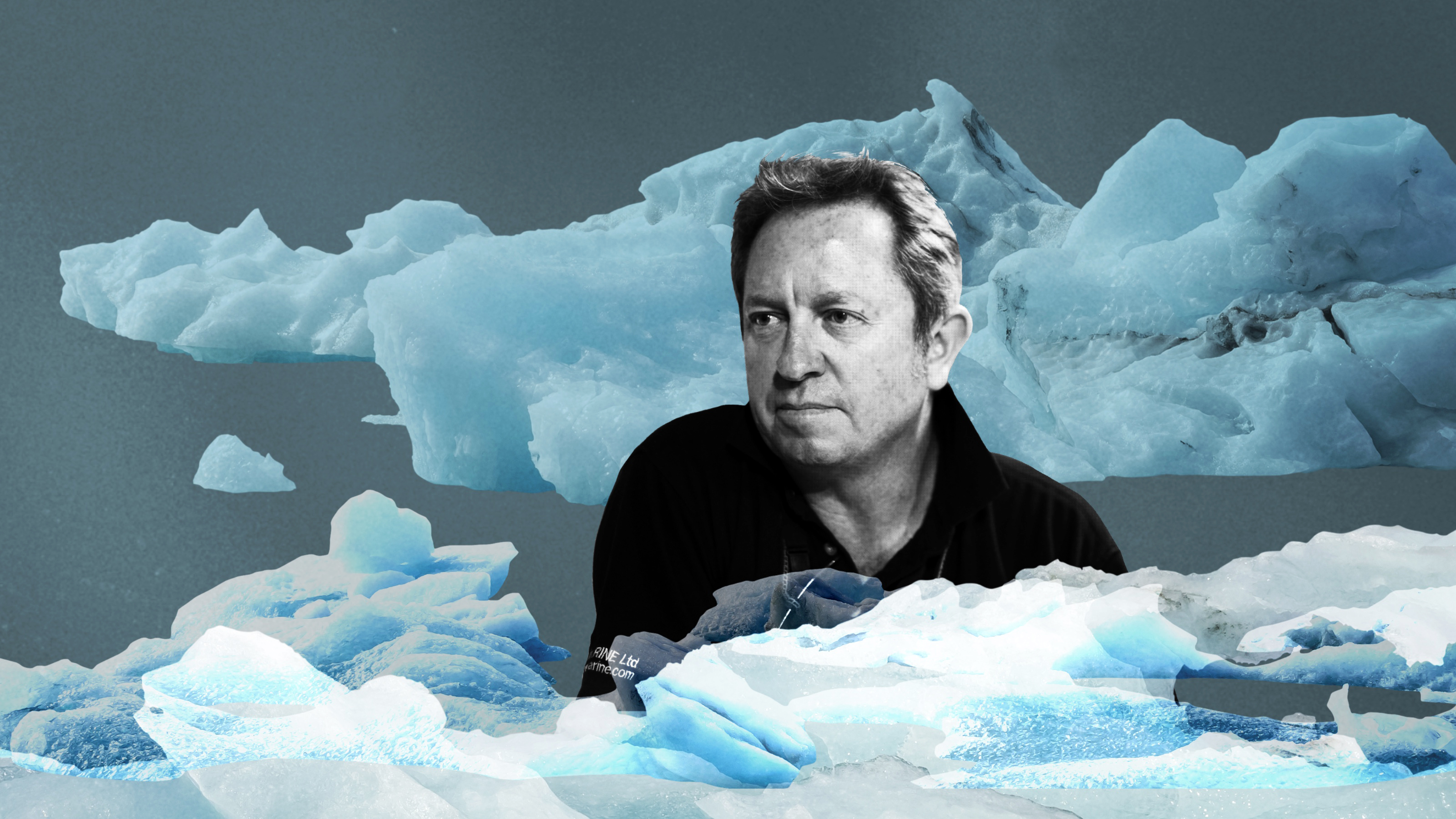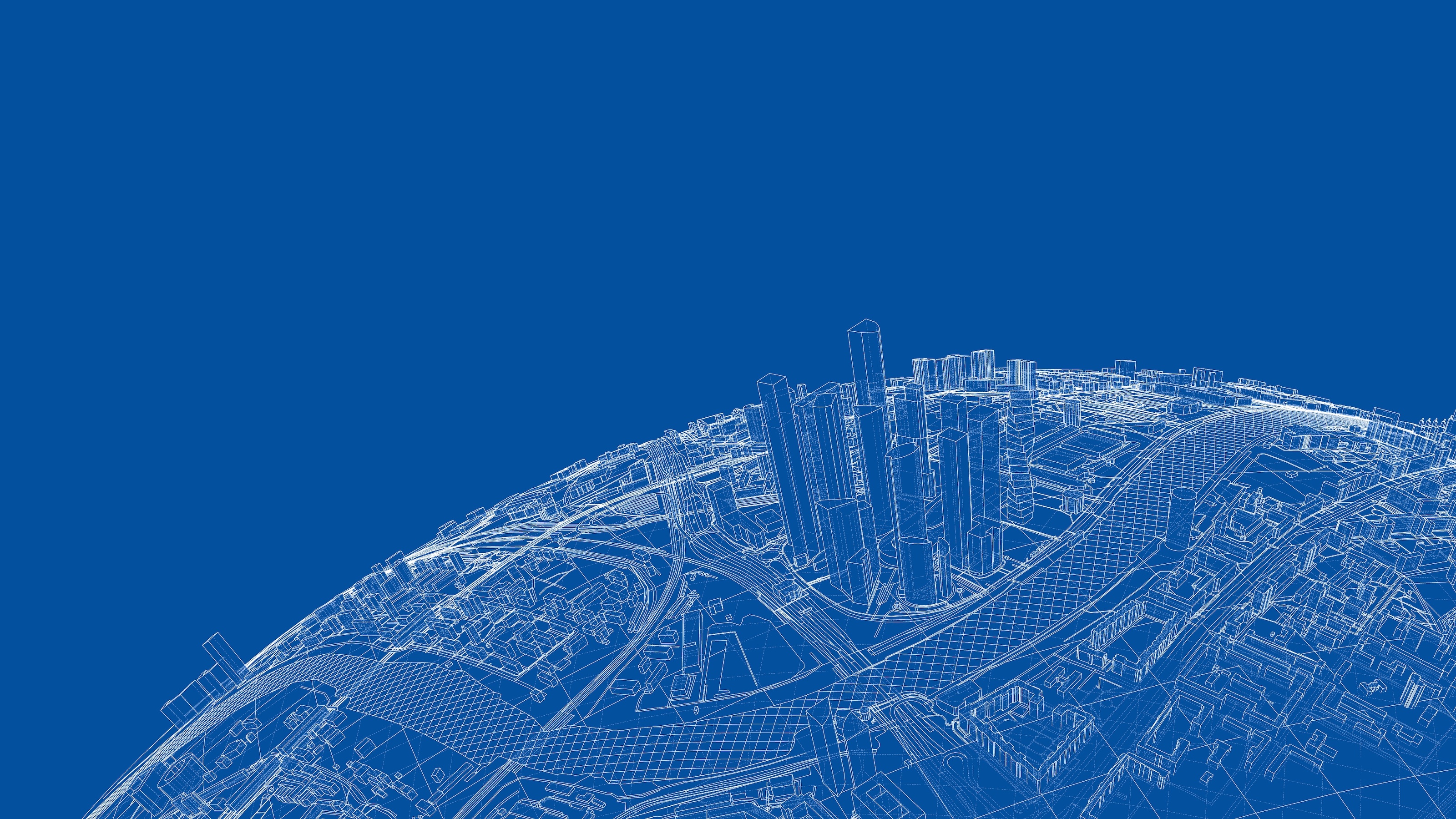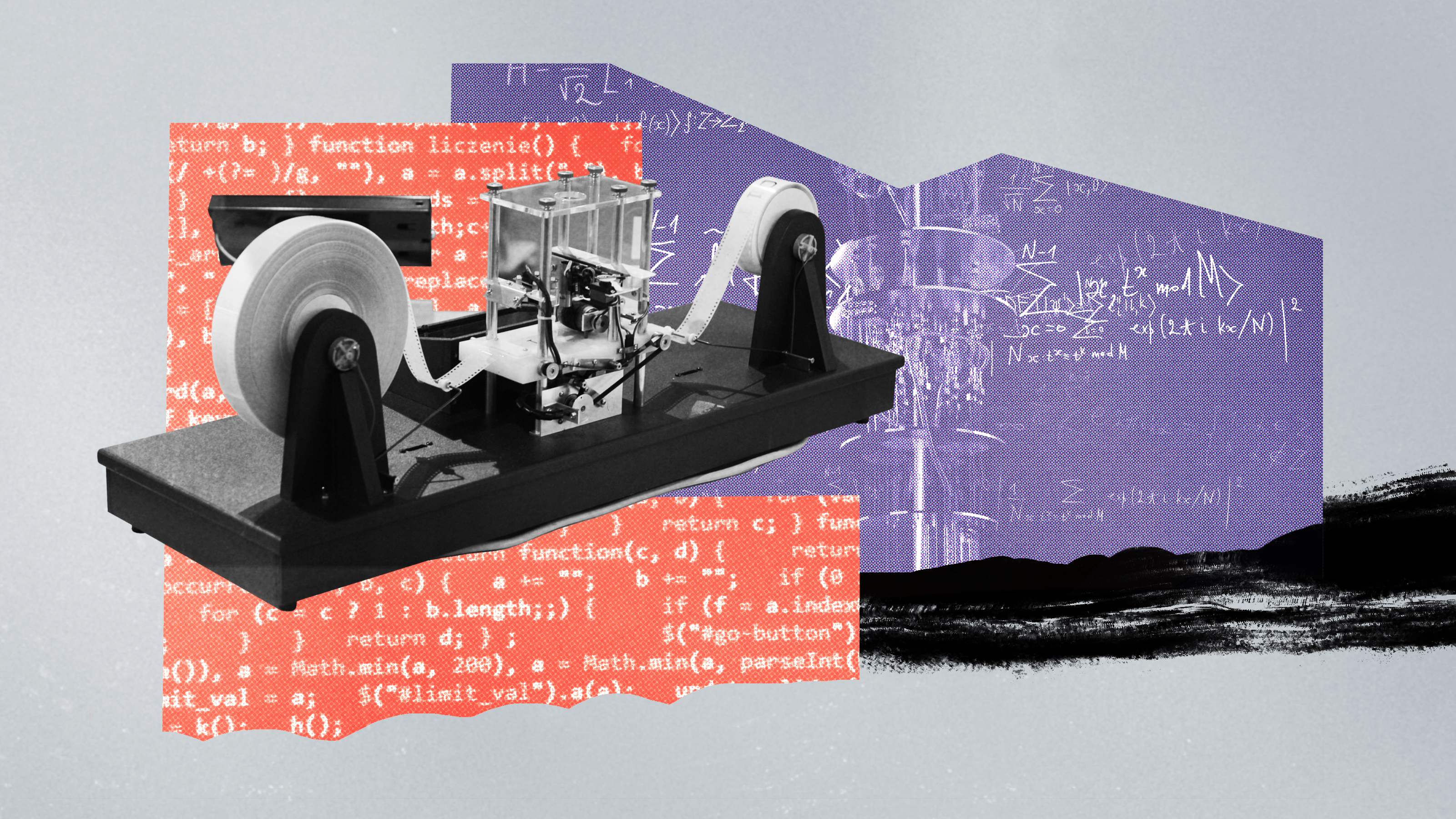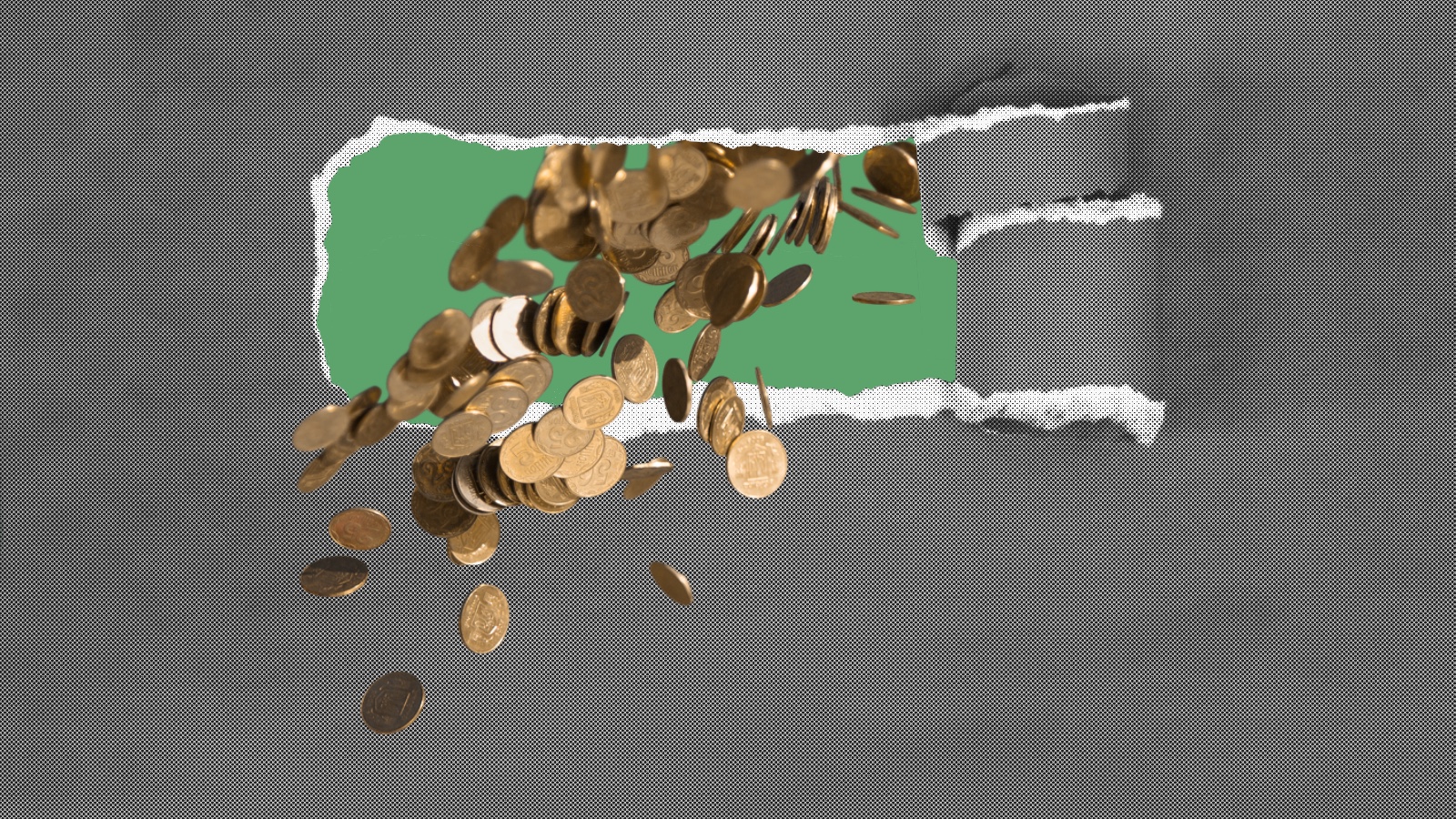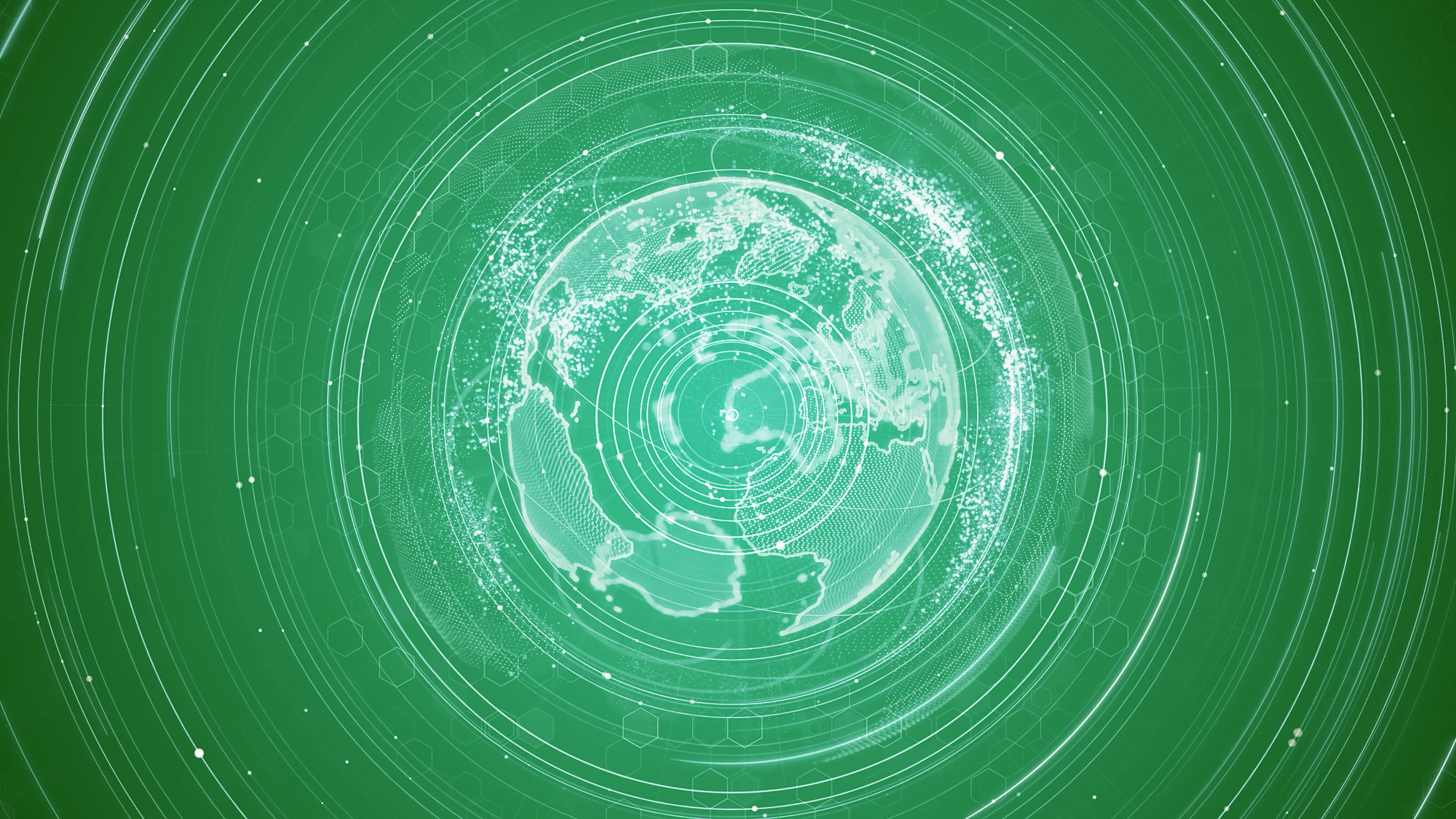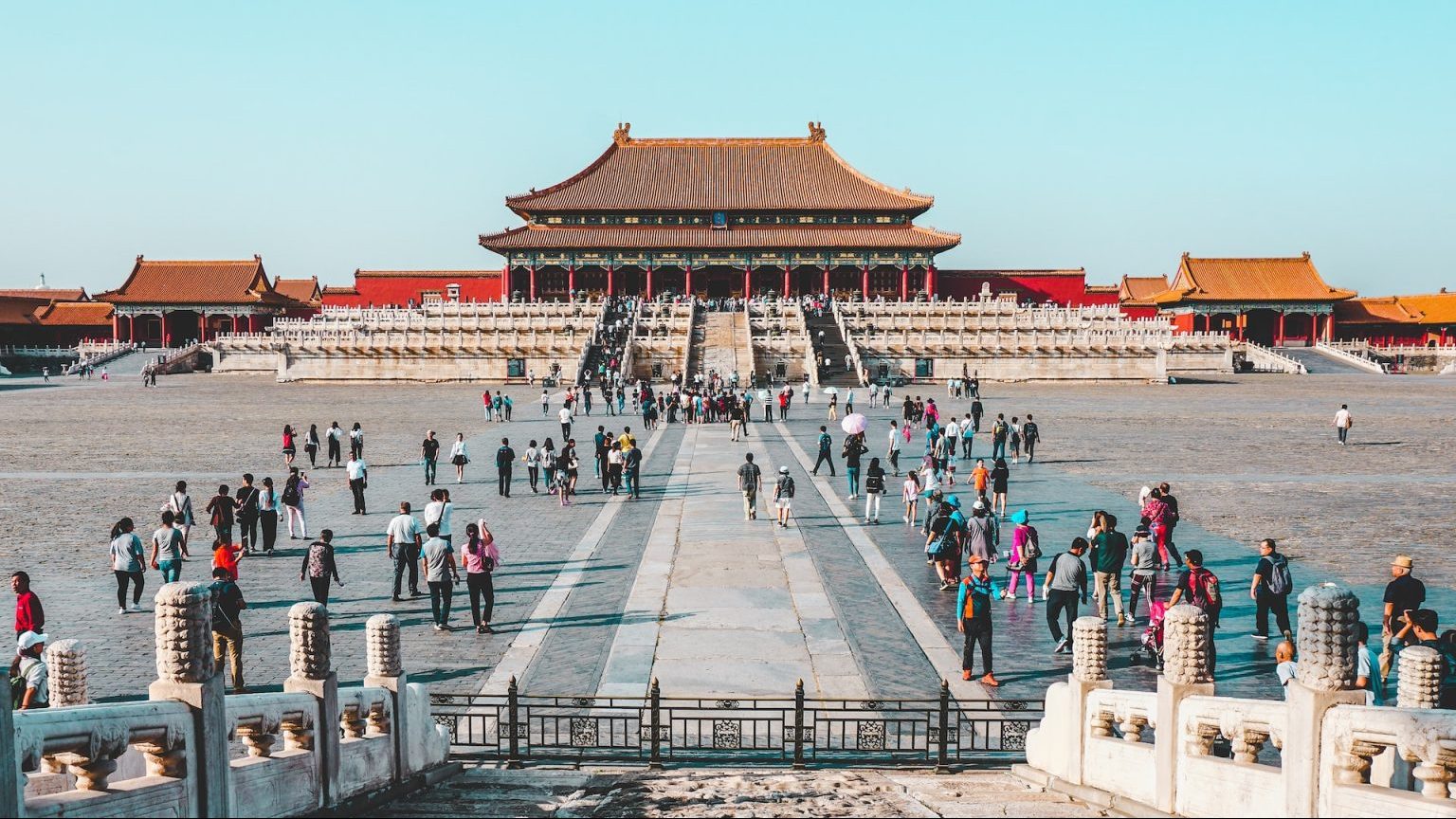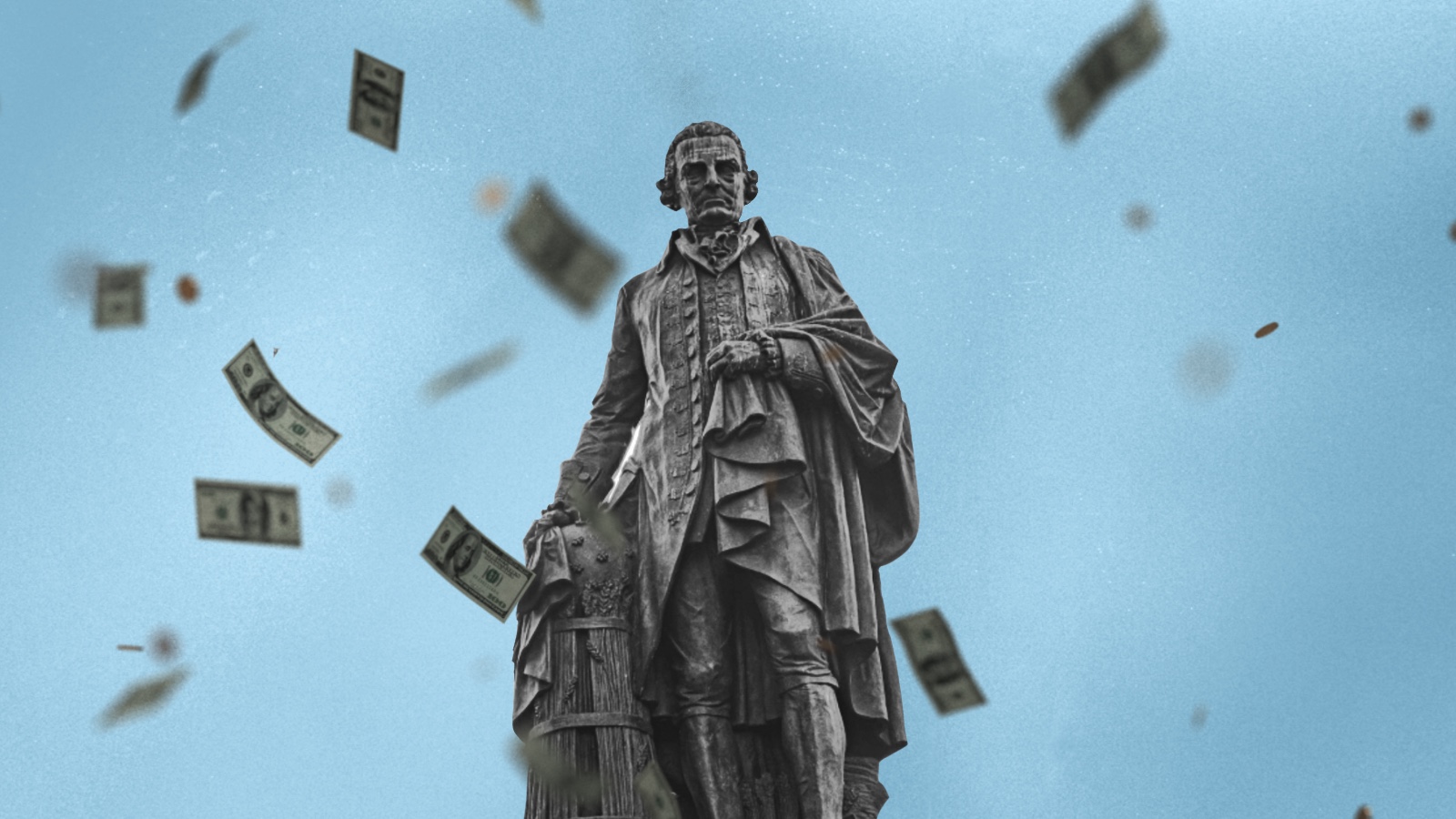The Present
All Stories
Modern robotics are creating a kind of cultural paradox, where the best religion is the one that eventually involves no humans at all.
Estonia has long been seen as a pioneer in digitizing the democratic process.
It’s far less likely to wander into bizarre lies, emotional rants, and manipulative tangents.
Instead of giving the 239 suffering families and the public a true story, Netflix exploited a horrifying tragedy to push conspiracy theories.
Social media has made yelling past each other all the easier.
Did fire change the development of the human brain?
The restoration of public confidence is crucial for strong democratic governance around the world.
Are anti-workers the lazy children of privilege or the brave vanguard of a utopic upheaval?
The state of global democracy is relatively strong — but there are clear signs of recent erosion.
3D-printing robots are being used to build a 100-home housing development in the US state of Texas.
All human development, from large cities to small towns, shines light into the night sky.
Hint: They hold off on talking about their alien god until much later.
The typical car is parked 95% of the time.
How to separate the reality from the conspiracy theory.
ChatGPT doesn’t understand physics, but it memorizes very well and puts in extra effort.
The danger posed by conversational AI isn’t that it can say weird or dark things; it’s personalized manipulation for nefarious purposes.
Spying is not usually done these days with balloons because they’re an easy target and are not completely controllable.
Was it the enormous magnitude of the quake, or is the problem with the buildings?
A study out of Sweden shows that the highest earning men are slightly less intelligent than those just below them on the economic ladder.
They cost $1,400 and will make you feel like you’re always on a moving sidewalk.
Simple physics makes hauling vast ice chunks thousands of miles fiendishly difficult — but not impossible.
Alibaba has played a key role in China’s meteoric economic rise.
While cities drive national economic growth, their political geography means they cannot effectively deal with inequality, poverty, and other socioeconomic problems.
Computers are growing more powerful and more capable, but everything has limits
Some effective altruists “earn to give” — they make as much money as they can and then donate most of it to charities.
Smoke taint from wildfires is gross, even to wine amateurs.
Innovative thinking has done away with problems that long dogged the electric devices — and both scientists and environmentalists are excited about the possibilities.
Entrenched business wisdom says that community-led economic systems are pure fantasy. Douglas Rushkoff disagrees.
There is a strong case to be made that the China has moved too slowly to reverse the effects of its one-child policy.
Despite being called the “dismal science,” economics impacts our lives every day. Here, we look at seven of the greatest economists in history.



